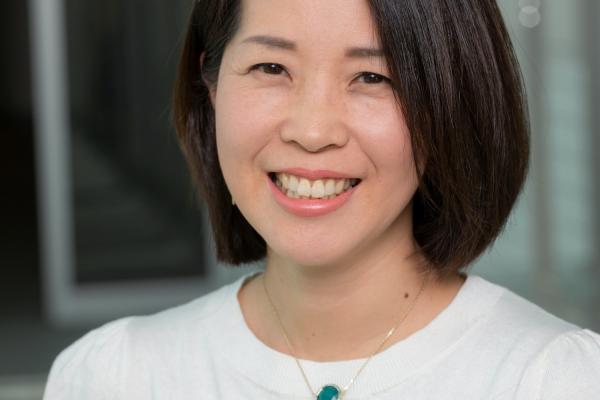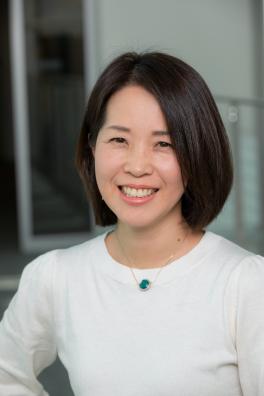
Machine Learning Quantum Emergence
Dr. Eun-ah Kim
Cornell University
Faculty Host: Nandini Trivedi

Abstract: Decades of efforts in improving computing power and experimental instrumentation were driven by our desire to better understand the complex problem of quantum emergence. The resulting "data revolution" presents new challenges. I will discuss how these challenges can be embraced and turned into opportunities through machine learning. The scientific questions in the field of electronic quantum matter require fundamentally new approaches to data science for two reasons: (1) quantum mechanics restricts our access to information, (2) inference from data should be subject to fundamental laws of physics. Hence machine learning quantum emergence requires collective wisdom of data science and condensed matter physics. I will review rapidly developing efforts by the community in using machine learning to solve problems and gain new insight. I will then present my group’s results on the machine-learning-based analysis of complex experimental data on quantum matter.
More about Dr. Kim:
Dr. Eun-Ah Kim, is a Professor of Physics at Cornell University. She is one of the leading experts in the theory of emergent phenomena in quantum materials and a pioneer in applying machine learning to quantum materials data. Wielding machine learning tools, she is pushing the envelope of how much theoretical insight can be extracted from complex and big data and how quickly so-obtained theoretical understanding can feedback into experimental decisions. Her group has made a number of ground-breaking advances harnessing the power of machine learning, including the first detection of the universal mechanism of atomic-scale spatial variations in the local density of states of under-doped, high-temperature superconductors. She obtained her Ph.D. at the University of Illinois at Urbana-Champaign in 2005 and was a postdoctoral fellow at the Stanford Institute for Theoretical Physics. She has been at Cornell since 2008. She received an Early Career Award from the National Science Foundation in 2010 and another Early Career Award from the Department of Energy in 2013. She was named a Fellow of the American Physical Society in 2020.
